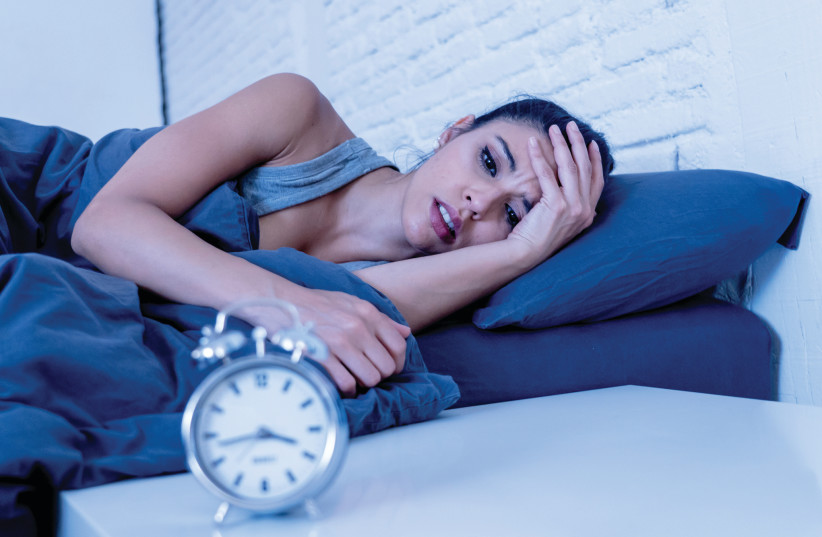Though the short-term effects of artificial light on human sleep are increasingly being studied, reports on long-term effects induced by seasonal changes are scarce. Self-assessments suggested an increase in sleep duration during winter, but objective measures were still needed to find out exactly how the seasons affect sleep.
Researchers have now published a study – “Seasonality of human sleep: Polysomnographic data of a neuropsychiatric sleep clinic” – in the journal Frontiers in Neuroscience. It shows that even in an urban population experiencing disrupted sleep, humans experience longer rapid eye movement (REM) sleep in winter than in summer and less deep sleep in the autumn.
“In our study, we show that the architecture of human sleep varies substantially across seasons in an adult population living in an urban environment.”
Dr. Dieter Kunz
“In our study, we show that the architecture of human sleep varies substantially across seasons in an adult population living in an urban environment,” said Dr. Dieter Kunz, one of the authors of the study, who is based at the Clinic of Sleep and Chronomedicine at St. Hedwig Hospital in Berlin.
How did the scientists measure this?
A team of scientists led by Aileen Seidler in Kunz’s working group at the Charité Medical University of Berlin recruited 292 patients who had undergone sleep studies called polysomnographies at St. Hedwig Hospital.

These studies – measuring the quality, type and length of sleep – are regularly carried out on patients who experience sleep-related difficulties. Patients are asked to sleep naturally in a specialized laboratory without an alarm clock.
Although sleep disorders could potentially affect the results, this makes for a large study group evenly spread throughout the year, allowing for the investigation of month-to-month differences.
The team excluded patients who were taking medications known to affect sleep, technical failures during the polysomnography, and REM sleep latency longer than 120 minutes. (REM sleep is when most dreams take place.) This suggested that the first REM sleep episode had been skipped. Once these exclusions had been made, 188 patients remained. Most of their diagnoses showed no seasonal pattern, but insomnia was more commonly diagnosed toward the end of the year.
Even though the patients were based in an urban environment with low natural light exposure and high light pollution, which should affect any seasonality regulated by light, the scientists found subtle but striking changes across the seasons. Although total sleep time appeared to be about an hour longer in the winter than the summer, this result was considered not statistically significant.
However, REM sleep was 30 minutes longer in the winter than in summer and is known to be directly linked to the circadian clock, which is affected by changing light. Although the team acknowledged that these results would need to be validated in a population that has no problems sleeping well, the seasonal changes might be even greater in a healthy population.
“This study needs to be replicated in a large cohort of healthy subjects,” said Kunz.
Although most people’s waking time is largely out of their control due to school or work schedules, society might benefit from accommodations that would allow humans to respond more effectively to the changing seasons. In the meantime, going to sleep earlier in the winter might help accommodate human seasonality.
“Seasonality is ubiquitous in any living being on this planet,” Kunz concluded. “Even though we still perform unchanged, over the winter human physiology is down-regulated, with a sensation of ‘running-on-empty’ in February or March. In general, societies need to adjust sleep habits including length and timing to season, or adjust school and working schedules to seasonal sleep needs.”
